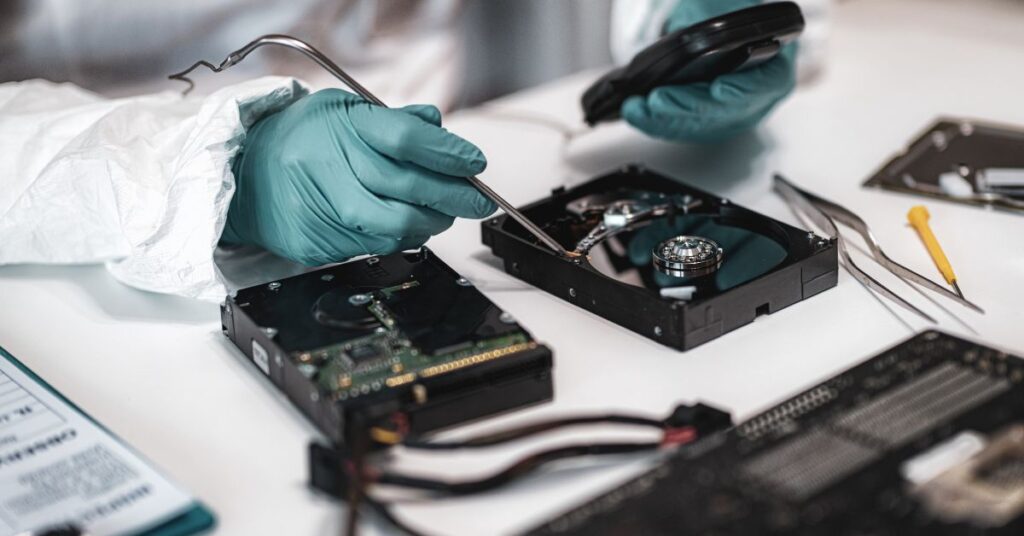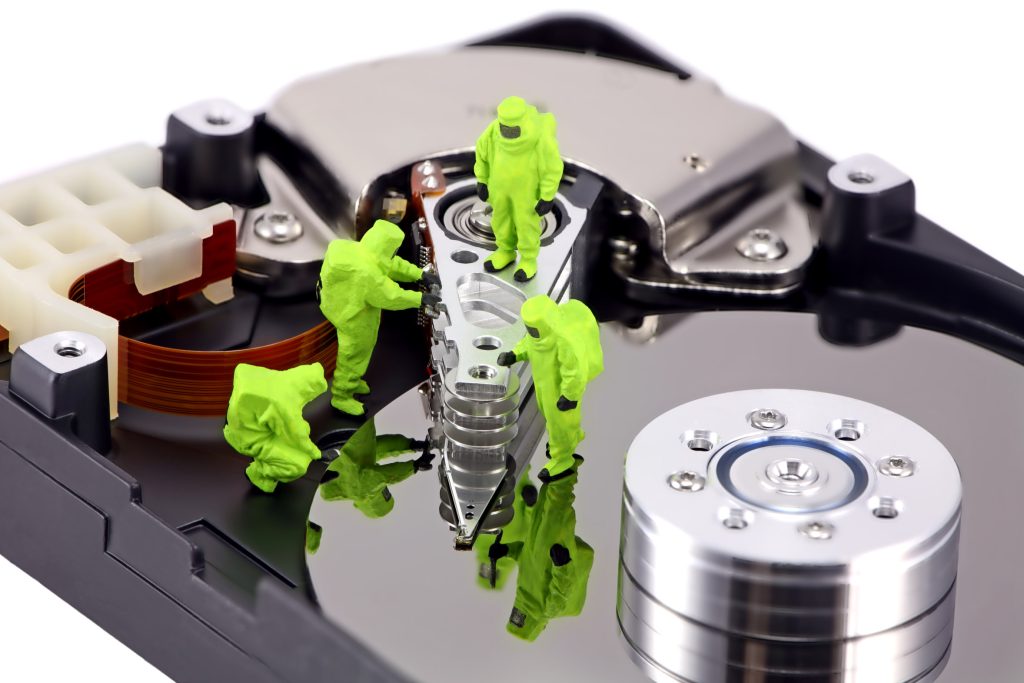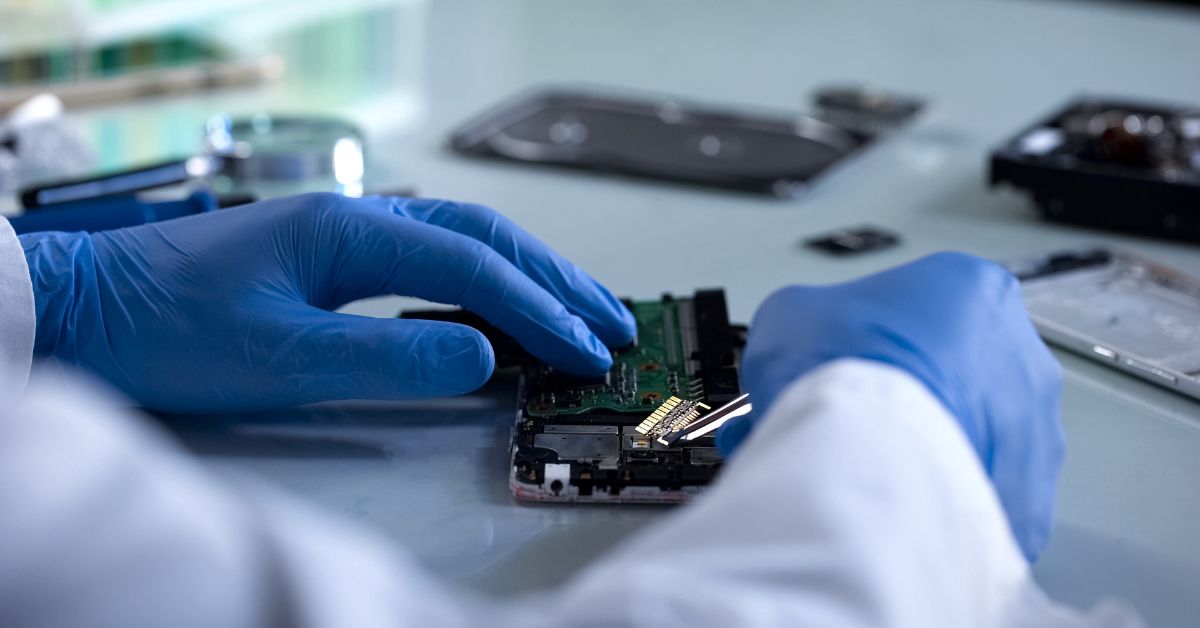In today’s digital age, computer forensics plays a crucial role in investigating and uncovering digital evidence. This article explores the intricacies of computer forensics, highlighting its significance and the various services it encompasses.
Understanding Computer Forensics:
Computer forensics is the application of investigative techniques to gather and analyze digital evidence in a legally admissible manner. It involves the identification, preservation, analysis, and presentation of digital data for investigative purposes. Computer forensics experts utilize specialized tools and methodologies to uncover crucial information from various digital devices.
Services Offered in Computer Forensics:

Computer forensics services encompass a range of specialized investigations and techniques. These services include:
Data Recovery:

Data recovery is a fundamental aspect of computer forensics. Computer forensics experts employ advanced techniques to recover deleted or lost data from storage media. By utilizing specialized software and hardware tools, they can retrieve valuable information that might be critical to an investigation. Whether it’s deleted files, formatted drives, or corrupted data, data recovery plays a pivotal role in uncovering evidence.
Disk Imaging:
Disk imaging involves creating a forensic copy or an exact replica of a storage device, ensuring that the original data remains unaltered. This process is crucial for preserving the integrity of the evidence and enabling further analysis. By creating a bit-for-bit copy of the original storage media, computer forensics experts can examine the cloned image while keeping the original evidence intact. This allows for a thorough investigation without the risk of modifying or tampering with the original data.
Email and Social Media Analysis:
In today’s digital landscape, email and social media platforms have become prominent sources of evidence. Computer forensics experts can extract and analyze data from emails and social media platforms. This includes recovering deleted emails, examining email headers to identify senders and recipients, and analyzing social media activity to uncover relevant evidence. By analyzing communication patterns, timestamps, and metadata, computer forensics specialists can piece together a comprehensive picture of the events under investigation.
Internet and Network Forensics:
Internet and network forensics focus on investigating online activities and network traffic. This branch of computer forensics involves analyzing internet browsing history, tracking IP addresses, and identifying communication patterns to determine the source and nature of digital evidence. By examining network logs, firewall records, and router configurations, computer forensics experts can trace digital footprints, identify unauthorized access, and reconstruct digital events with accuracy.
Mobile Device Forensics:
With the proliferation of smartphones and tablets, mobile device forensics has become increasingly important. Computer forensics experts employ specialized tools and techniques to extract and analyze data from mobile devices. This includes call logs, text messages, GPS data, app usage history, and even deleted files. Mobile device forensics allows investigators to uncover valuable evidence stored within these portable devices, providing insights into a person’s activities, contacts, and communications.
Malware Analysis:
In cases involving cyberattacks or suspicious software, computer forensics experts conduct malware analysis. Malware refers to malicious software designed to compromise computer systems or steal sensitive information. Computer forensics specialists analyze the malware, examine its behavior, identify its origin, and assess its impact on the compromised systems. This analysis provides vital insights into the nature of the attack, the methods employed by the attackers, and the potential vulnerabilities that need to be addressed.
Expert Witness Testimony:

Computer forensics experts often provide expert witness testimony in legal proceedings. Their in-depth knowledge and experience enable them to present complex technical information in a clear and concise manner, aiding the court in understanding the digital evidence presented. Their testimony helps establish the authenticity, integrity, and relevance of digital evidence and strengthens the legal case by providing expert opinions based on their findings and analysis.
Conclusion:
Computer forensics is a vital discipline in today’s digital landscape, enabling the investigation and analysis of digital evidence in a legally defensible manner. With its diverse range of services, including data recovery, disk imaging, email and social media analysis, internet and network forensics, mobile device forensics, malware analysis, and expert witness testimony, computer forensics plays a crucial role in uncovering critical information for investigative purposes. By leveraging the expertise of computer forensics professionals, individuals, businesses, and law enforcement agencies can navigate the complexities of digital investigations, ensuring the preservation and presentation of digital evidence in a manner that withstands legal scrutiny. Computer forensics services, such as data recovery, disk imaging, and mobile device forensics, are essential in unraveling the intricate digital trail left behind by cybercriminals. By harnessing the power of computer forensics, we can uncover the truth hidden within digital devices and strengthen our defenses against cyber threats.

